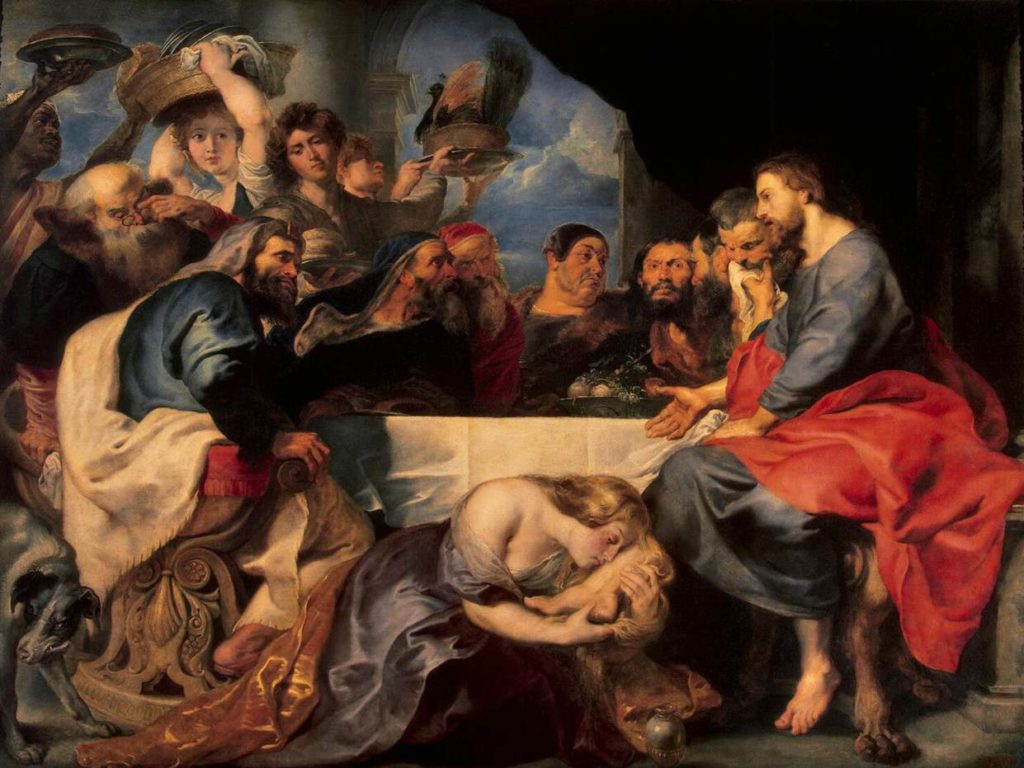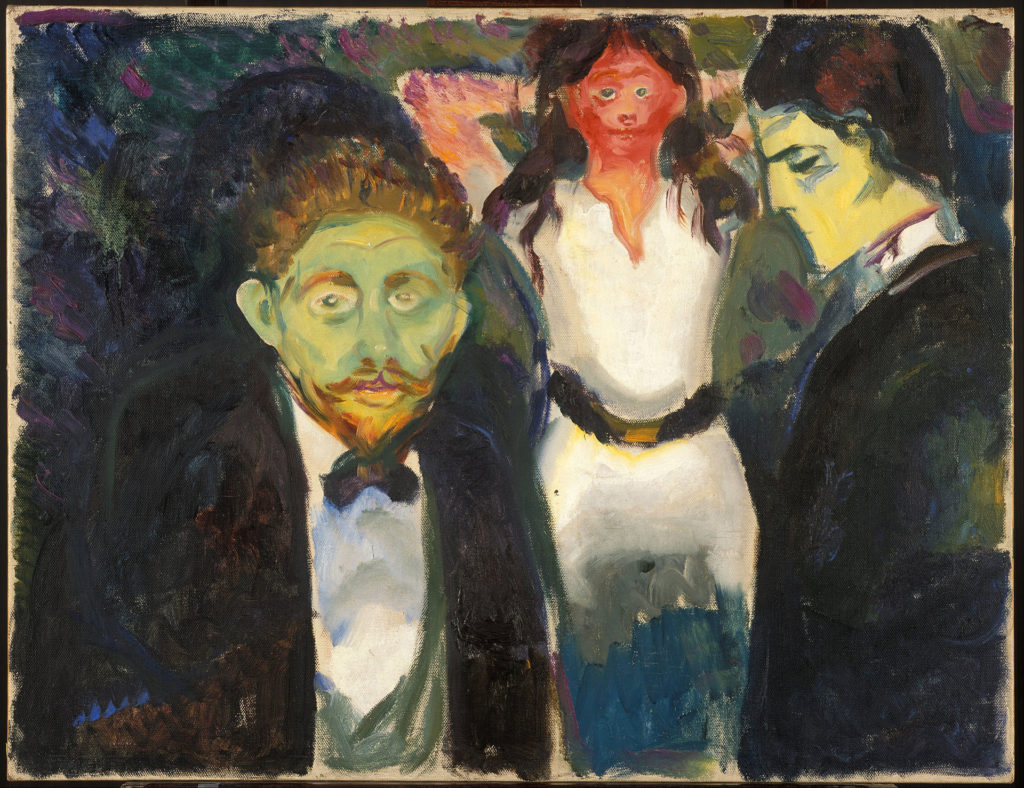The kind of prayer that is common in the Third Mansion is active Recollection, a simplified form of mental prayer; the prayer is becoming less the work of the mind and more the work of the heart – ‘not thinking much but loving much’ as Saint Teresa says.
In this active Recollection, this simplified mental prayer is what is referred to as the Prayer of Simplicity. You may be staying with a particular scripture in a particular disposition of soul and lingering with that longer than normal, and bringing that before the Lord.
The gift that’s prominent from the Holy Spirit – remember the gifts went from Fear of the Lord, to Reverence and now it’s Fortitude. And also, as it relates to St. John Cross’ doctrine, the Active Night of the Senses happens in the Third Mansion and partially in the Second Mansion.
Saint John of the Cross explains four nights: the Active and Passive Night of the Senses, which is what we can say as the surface level of the soul, the spiritual life that is more bound to the senses – how everything comes to our soul through the senses. The other two nights are the Active and Passive Night of the Spirit. The spirit is a deeper, more purer part of ourselves and our inner interior life.
The Active is what we do, and the Passive is what God does.
In the Purgative Way, the soul turns away from the spirit of the world, as St. John the Cross refers to ‘the lust of the flesh, the lust of the eyes, and the pride of life.’ It develops knowledge of self, as St. Teresa emphasizes, the soul develops knowledge of self as imagio Dei – the image of God.

‘In this purgative way, one is easily subject to ones feelings, one’s emotions and mood swings.’ Father Garrigou-Lagrange refers to it as ‘dependence upon fluctuations of sensibility. Such subjective states are greater strongholds.’ The subjective state of what I feel and what I am personally experiencing most immediately becomes a stronger influence on my liberty and capacity to be happy, than the truth of what God does in its purity. Spiritually speaking, our interpretations are very subjective, and for that reason, a real deep sense of discernment is pretty rare as a dominant gift in this stage.
Here is an exhortation from St. Ignatius, ‘In times of desolation remember consolation. In times of consolation, prepare yourself for adversity.’ This idea is actually found in the Wisdom literature of the Old Testament, especially in the Book of Sirach.
We must be aware of certain truths like the bookmark of Saint Teresa teaches us, to know that God’s love does not change. ‘His grace is always present, though sensible consolation may be absent.’ So even if I can’t feel God is with me, it doesn’t mean that He isn’t.
‘In this purgative way, a soul is still subject to varying negative cycles, like discouragement.’ I would simplify discouragement as believing more in one’s own weakness than in God’s love for us; putting to focus more on my own weakness than in God’s love for me in my weakness. At times, some may even get to the point of despairing of God’s mercy because of the knowledge of our sins during times of desolation. Ascetic exercise here is essential and what we mean by this are that one, works of mercy – spiritual and corporal works of mercy; penance, which means fasting, vigils and prayer.
SOURCE: Teresa 5, Copyright 2018, Father Robert Barcelos, OCD









